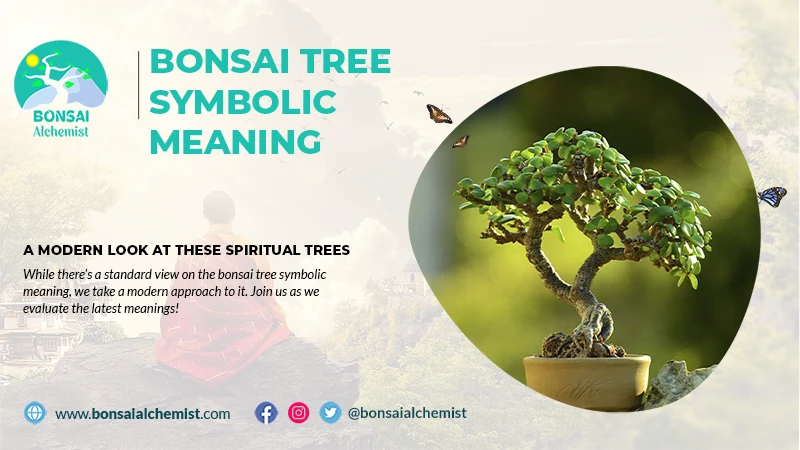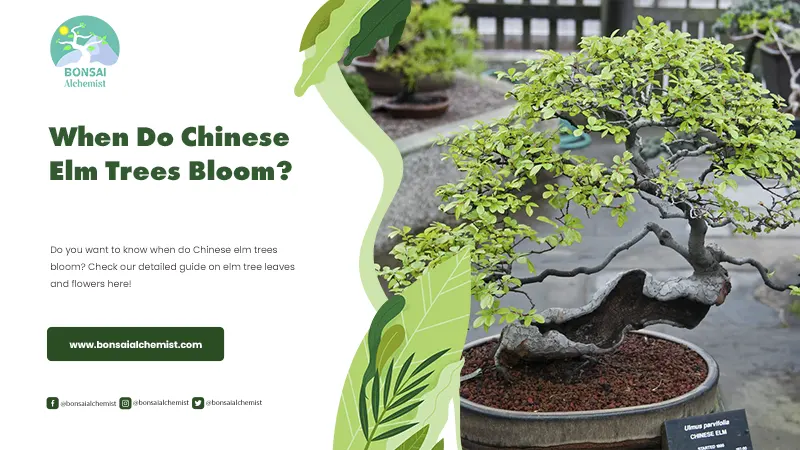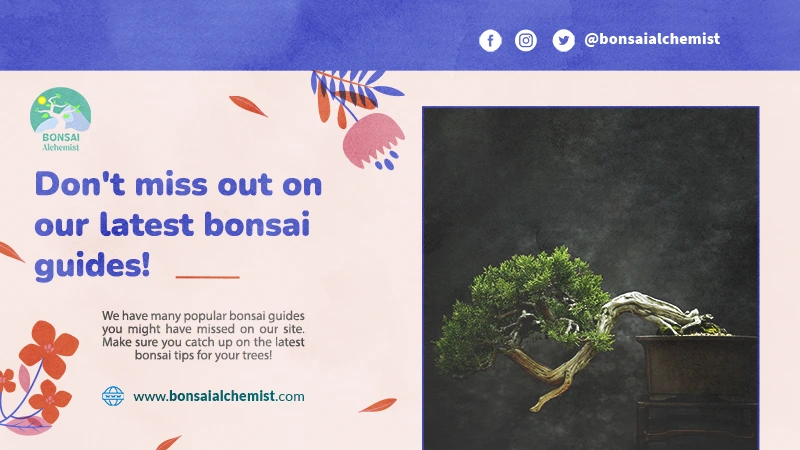12 Incredible Health Benefits of Hibiscus
Hibiscus has been used as a remedy for various ailments for centuries. The potent power of this early medical wonder was leveraged in tribes and territories across the globe, and thanks to modern medicine, we now know why.
We finally have the tools at our disposal to understand the true benefit of incorporating hibiscus into your daily routine, and top medical researchers have corroborated what the ancient clans claimed; Hibiscus is nothing short of a true wonder food, and it has more health benefits than most realize.
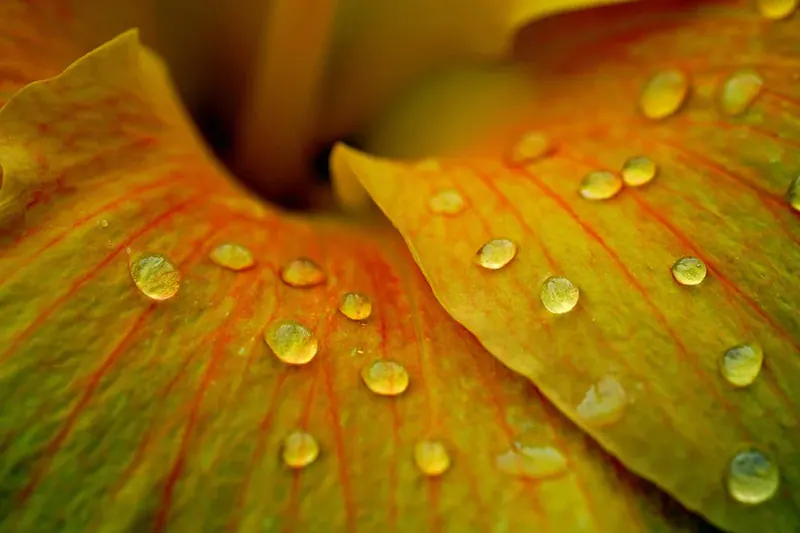
#1: Hibiscus helps regulate blood pressure
We all know what blood is. It’s the red stuff coursing through our veins that we cannot live without. But in order to understand why blood pressure is so important and wrap our heads around the mechanics that hibiscus sets in motion to support blood pressure, we need to take a closer look at blood.
If you break blood up into its two main components, we have plasma and blood cells. Plasma is the liquid that blood cells are suspended in, and the blood cells are what make blood so thick. And as we all know, blood is thicker than water.
Understanding blood pressure
If we go one layer deeper, we can break blood cells into three types, namely, red and white blood cells, and platelets. Red blood cells are responsible for carrying oxygen to the tissue within the body, and white blood cells help the body fight off infections. Platelets are the cells responsible for aiding in clotting after injury so that we don’t lose all our blood from one small cut.
These three cells you can’t even see with your naked eye keep you upright by supporting your vital functions, keeping you safe from infection, and keeping your blood inside your body as far as possible. Blood is therefore essential.
Plasma makes up around half the total content of blood and is also an essential substance. Plasma contains proteins that aid the platelets in being able to clot, transports various substances through the blood to where they’re needed in the body, and it contains glucose and all sorts of other dissolved nutrients.
Blood moves through the body by way of arteries, veins, and vessels, but it cannot just move on its own. This is where blood pressure comes into play. The primary force behind why your blood is able to move with pressure is your heartbeat. When your heart beats, it pushes blood out into the main arteries. The blood is then carried through arteries, vessels, and veins throughout the rest of the body. Each time your heart beats, your blood is given a boost of pressure that helps it move.
But your heart can only do so much. Another factor that comes into play with blood pressure is resistance within the arteries blood moves through. Narrower arteries create much more resistance and result in higher blood pressure, specifically when your heart is pumping more blood in a shorter space of time than it should be. When a doctor tells you that you have high blood pressure or hypertension, this is likely what is happening inside your body.
The other blood pressure-related condition is called hypotension and in many ways, it is the direct opposite to high blood pressure. Hypotension occurs when your body struggles to pump enough blood. This can happen when your arteries are widened as well.
Low blood pressure doesn’t cause as many problems in as many people as its elevated counterpart, but neither condition is terribly good for the human body to experience. However, for the purpose of this article, we are going to focus on hypertension because that is one of the conditions that the ingestion of hibiscus helps with.
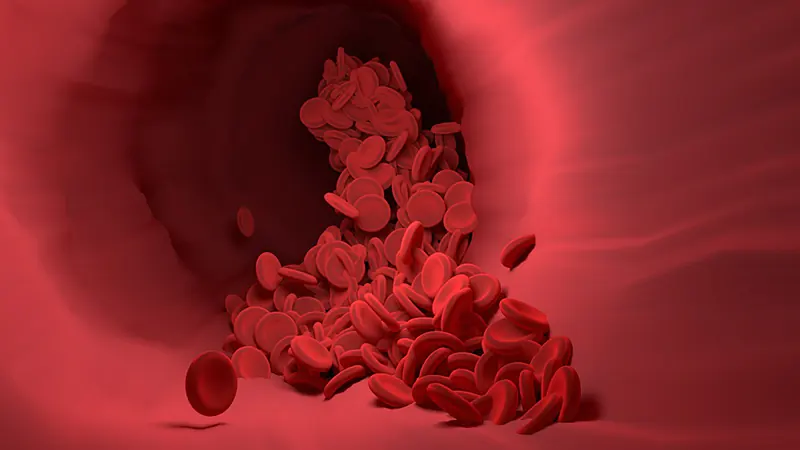
What hibiscus does for blood pressure
As it turns out, if you’re suffering from, or concerned about high blood pressure, there is no remedy more natural than the classic British staple – a cuppa tea. While most herbal teas would do the trick, teas containing hibiscus have been found to be the most effective in treating elevated blood pressure. If you’re not really sure where to find specialized hibiscus tea blends, don’t fret. According to Diane McKay (PhD) of Tufts University in Boston, ‘Most of the commercial herbal tea blends in the United States contain hibiscus.’
McKay recently headed a study in conjunction with the American Heart Association of 65 healthy men and women who presented with slightly elevated blood pressure. During the study, a portion of men and women were given hibiscus tea daily, while the remainder of the focus group received a placebo of hibiscus-flavored water. The study found that the authentic hibiscus tea blends yielded a decrease in systolic blood pressure by 7 points on average. It’s interesting to note that the placebo resulted in at least a 1-point drop in blood pressure, but this is obviously less than that of the real thing.
Even though 7 points doesn’t sound like a terribly significant decrease, McKay is satisfied with the results. She goes further to say that ‘even small changes in blood pressure … when maintained over time … will reduce the risk of stroke and heart attack.’ In fact, the decrease in blood pressure overall observed during the study is equal to the degree of decrease observed after the ingestion of standard blood pressure medication.
There are two reasons why hibiscus might be so effective in lowering blood pressure. In the first place, hibiscus acts as a diuretic, forcing the body to expel sodium and fluids through the urine. Consequently, blood volume and blood pressure decrease. Secondly, it inhibits the angiotensin-converting enzyme (ACE). In this way, it relaxes the blood vessels similarly to drugs commonly prescribed to lower high blood pressure.
Even though experts on the subject of heart health and blood pressure agree that more studies are needed to examine by how much prolonged ingestion of hibiscus herbal teas can lower blood pressure in the long run, the results of this and other studies seem to support the fact that hibiscus is indeed beneficial in the treatment of hypertension and the complications associated therewith. Given that many medications often have significant negative side effects, it’s good to know that there’s a natural remedy likely growing in your garden.
Hibiscus is a safe and natural way to decrease your blood pressure. It’s not often that a drink so delicious is actually good for you. I shall definitely keep planting hibiscus and drinking assorted hibiscus teas. That said, it is pertinent to mention that the hibiscus in question is specifically the species Sabdariffa or Roselle. As far as I’m aware, there haven’t been any prominent studies on species such as rosa-Sinensis or Syriacus – common garden varieties.
The only thing to remember is that if you are on hydrochlorothiazide or similar medication specifically prescribed to people with blood pressure deficiencies, avoid hibiscus as it can cause side effects with the medication.
Hibiscus is so much more than a pretty flower. Click here to discover the diversity hibiscus holds as a cooling and confectionery ingredient.

#2: Hibiscus helps regulate blood fat levels
Blood fats, also known as blood lipids, are fatty substances that are found in your body tissues and blood. Even though it sounds quite gross to have fatty substances within your body, and the beauty and fitness industries are hell-bent on getting rid of as much fat content as possible, lipids are actually essential to human survival. Lipids are the building blocks of cell membranes, and they are what give various signaling molecules and messengers defined form. The thing most people know about fats in the body, though, is that they store energy.
I learned about lipids and fats within the body when I was researching diet and exercise in order to build a better relationship with my food and my body. Interestingly enough, hibiscus is an invaluable part of a healthy balanced diet, according to many promoters of peak health. The way I remember the role that lipids play in the human body is that your body will store excess fat, and by extension, lipids, if you’re not eating right. This way, your body can ensure that even if you try to starve it, it will have enough energy to keep itself going.
Even though lipids seem like overall good guys in your body, as with anything, they’re only good if you keep their numbers under control. If you have too high a concentration of lipids or fat cells, you put yourself at risk for heart disease and numerous other health concerns.
One of the most well-known lipids is cholesterol. Cholesterol is a lipid used in the construction and development of cells and certain hormones. There are three different types of cholesterol, namely:
- LDL cholesterol – This is the ‘bad’ cholesterol that we’re told to be careful of. LDL causes damaging buildups and blockages in your vessels and arteries.
- HDL cholesterol – This is the ‘good’ cholesterol that keeps LDL in check. HDL helps prevent LDL from building up inside your arteries, thereby saving you from conditions like heart disease.
- Triglyceride – This is the lipid that stores ensued calories as energy. Triglycerides are good, but in high concentrations, these can harden your arteries – also known as atherosclerosis – and increase your risk of heart disease and stroke.
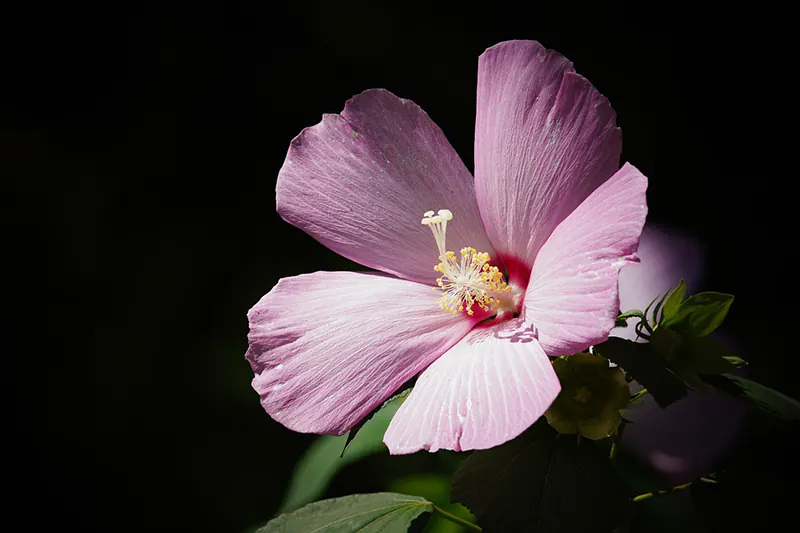
What hibiscus does for lipid levels
Aside from lowering blood pressure, some studies have found hibiscus tea to be useful in the reduction of blood fat levels, which are another risk factor for coronary heart disease.
A study tested the effects of hibiscus tea versus black tea on 60 diabetics. It was found that people who consumed hibiscus tea for a month had higher concentrations of HDL cholesterol. Their total cholesterol and triglycerides were, however, lower. A separate study found that Hibiscus extract could lower total cholesterol and raise HDL concentrations in people with metabolic syndrome after taking 100 mg daily.
Both of these studies found hibiscus to be beneficial in the reduction of lipid levels and cholesterol. However, the only studies, to my knowledge, that have been done to this effect have used a focus group with a specific condition relating to cholesterol. More studies are therefore needed to measure the impact that the consumption of hibiscus has on healthy people in terms of lipid cell reduction.
Lipid levels and genes
Yes, there are cases in which hibiscus has proven effective in reducing cholesterol, but there have also been studies in which hibiscus has only done this in part, or not at all. Other studies found that hibiscus only reduces either LDL cholesterol or triglycerides – but not both. In fact, one study with a focus group of 60 people found that hibiscus did nothing apart from reducing patients’ weight – and this was in addition to diet and exercise. As beneficial as hibiscus is, there seems to be a lot of room for inconsistency.
Inconsistencies in trials and medical tests are rarely proof that a test has failed. More often than not, it’s just a matter of finding out why the discrepancies in the results are the way they are and what factors, either with the patients, the environment, or the substance being tested, led to such interesting mixed results. This is certainly the case with hibiscus in terms of cholesterol. When further research was done on the subject, experts and professionals found that the reason hibiscus has such varied levels and ranges of efficacy against cholesterol could come down to your genes.
Despite hibiscus’ role in improving triglyceride levels in terms of CETP activity in patients carrying the TaqIB genotype and B2 allele, it negatively impacted HDL levels in others – namely APOE E4 and CETP TaqIB B1B1 carriers. Forty-eight people with high cholesterol were tested in a clinical trial to confirm this discovery. Despite being bad news for some, such knowledge can assist us in forming better decisions and furthering our understanding of nutritional genomics.
In summary, hibiscus appears to lower cholesterol and triglycerides, depending on your genetic makeup. The effects of plants like hibiscus sabdariffa can also vary depending on how they are prepared and what part of the plant is used. Even though hibiscus is a naturally occurring resource, it’s always best to discuss the inclusion of such substances in your diet with your dedicated medical practitioner first – especially if you already have prescriptions for other medications.

#3: Hibiscus can help you lose weight
This section is based on preliminary findings and not conclusive medical testing. There seems to be a connection between oxidative stress and a variety of diseases, including obesity. The antioxidants in hibiscus may potentially have a positive impact on oxidative stress, which in turn can lead to weight loss. A clinical trial involving 36 overweight people showed that hibiscus extract taken in two 900 mg doses a day reduced overall weight and fat within the body, impacting BMI and subjects’ waist-to-hip ratios in a positive way. In a second clinical trial that involved 54 overweight people, it was found that a combination of hibiscus and lemon verbena was able to decrease the levels of the hunger hormone ghrelin in the blood.
If you’re overweight and have a constant low-grade food craving that’s keeping you from sticking to the goals you’ve set for yourself in terms of diet, you may benefit from lowering your levels of ghrelin in order to reduce your cravings. Additionally, hibiscus and lemon verbena was also proven to increase the production of GLP-1 within the body. This is a hormone that helps you get rid of weight.
Moving back to the effects of using hibiscus alone, the extract of this miracle plant was proven to noticeably reduce the harmful impact of a high-fat diet. The extract was also shown to successfully inhibit the production of new fat cells in rodents like hamsters. There are some powerful mechanisms for losing weight in the body that appear to be enhanced by this gentle herb. By lowering your oxidative stress and hunger, it can help you lose weight.
Changing your diet, exercise regimen, and lifestyle will help you truly lose weight. The outcomes look promising, but there are, as yet, not enough studies to fully support this approach. In order to truly be effective in combatting weight gain, these preliminary findings need to be validated by more extensive and rigorous clinical trials.
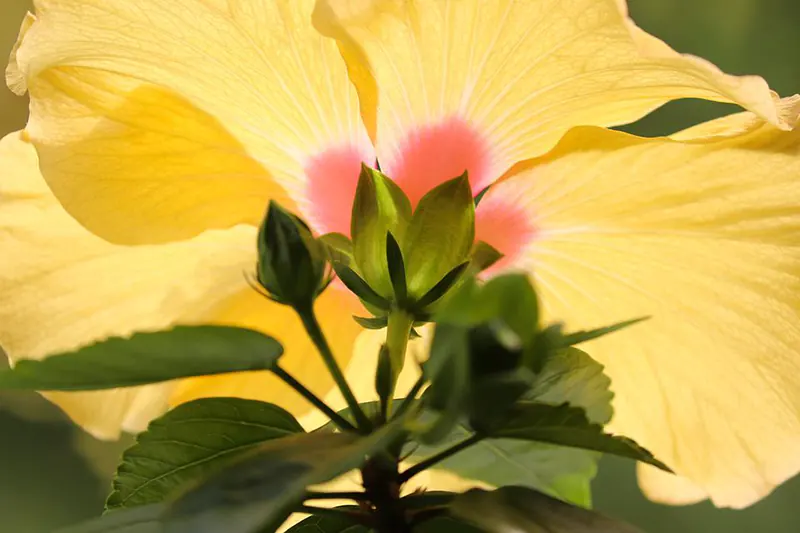
#4 Hibiscus supports liver health
Your liver is an incredible piece of organic matter that processes toxins and other unsavory bits and pieces that you put into your body. However, your liver can also succumb to damage quite easily, especially if you overestimate the number of toxins and other unsavory matter it can process healthily. Therefore, you may need something to regulate your liver function. Have you tried hibiscus?
More studies need to take place, but hibiscus certainly seems to be able to protect your liver from the effects of drug use and toxin overload. By drugs, we don’t necessarily only mean harmful illegal substances; we also mean medication, as this, too, can lead to liver complications like liver disease. This does come with a proviso, though; you’ll need to ensure that you take your hibiscus supplements or extract in the proper concentrations. You shouldn’t have any issues if you stick to hibiscus tea or other teas containing hibiscus extract, as these won’t have high enough concentrations of the active ingredients to cause any adverse effects in high enough amounts.
Medical practitioners would usually prescribe a typical dosage of 900 mg of hibiscus extract a day, three times daily. This concentration and frequency have shown signs of improving the effects of liver disease. As we previously covered, hibiscus has proven itself effective against fat levels in the blood and body, and so too with the levels of fatty acids where the liver is concerned.
Unfortunately, here again the research simply isn’t comprehensive enough to prove beyond the shadow of a doubt that hibiscus can cure all liver maladies. However, we do know enough to say that hibiscus can certainly help against the effects of damage to the liver, in the proper concentrations, and in conjunction with a healthy diet and other properly managed medications and supplements.
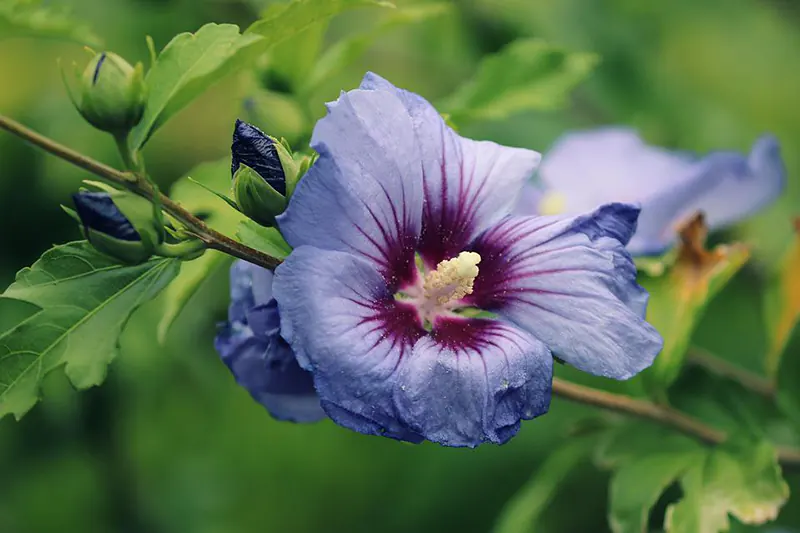
A healthy addition to any balanced diet
Hibiscus likely isn’t exactly what first comes to mind when you think about diet and healthcare. However, we’ve discussed a number of conditions in the article above that should at least position hibiscus as a strong contender where health supplements are concerned.
Thanks to medical research, trials, and testing, there are more reasons than ever before to want to incorporate hibiscus more comprehensively into your everyday nutrition. Apart from tasting absolutely delectable on its own, there are so many ways in which to prepare hibiscus that will elevate its flavor – and efficacy as a vitamin and mineral-rich treat.


